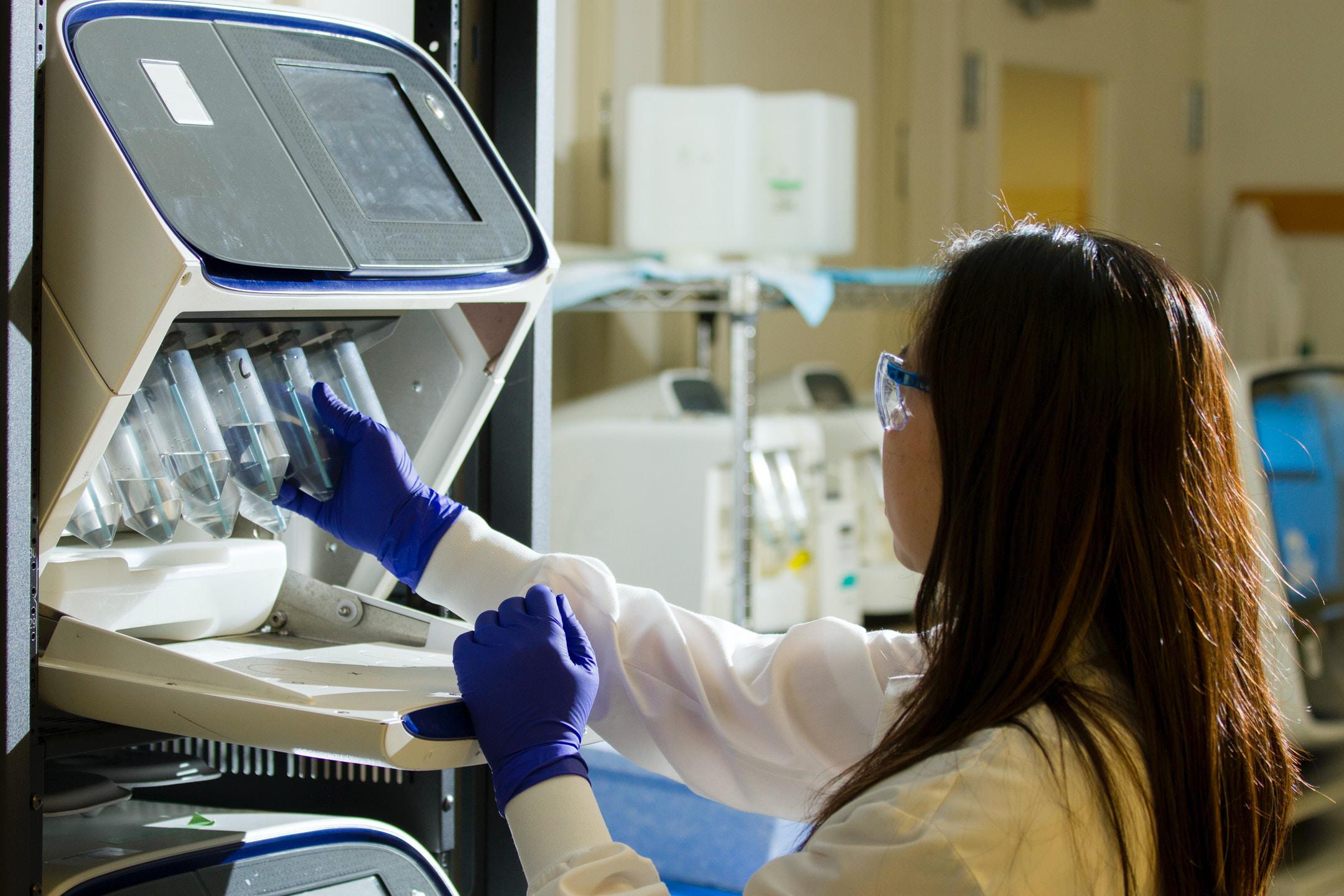
When your company is preparing to roll out a new pharmaceutical product, you need access to the best talent available to fill the roles of product engineers. Your engineers serve a variety of purposes as part of your team; above all, they ensure that your product is as high-quality as possible, but there’s a multitude of ways in which they do this. A pharmaceutical product engineer is there to help with your manufacturing, process, and project engineering needs.
Given the critical importance of these roles in the successful launch of a new product, it’s important to make sure the people on your team are qualified and ready to handle the unique demands and challenges of your workplace and the product itself. When you don’t know what information to learn about a candidate through the hiring process, you may find yourself with team members with different experience levels and expectations than what’s necessary for your needs.
What kind of information can help you learn what you need to know about your candidates to ensure you’re getting the right people for your team? We’ll go over three important questions to ask in this article that can help you get a basic sense of whether or not a given candidate will make for a good fit, including their experience in similar roles, the types of products they’ve worked on, and the expectations they have of their work and position on your team.
No matter what kind of job you’re hiring for, the most basic thing to look for first is whether the person you’re considering has experience that’s relevant to the role they’d be taking on. It’s particularly important to take this into consideration when it comes to pharmaceutical products, though; the drugs your team may be working on could have any manner of effects on the people who’ll be using them, making it essential to bring each product to the highest quality standards possible.
Ideally, any candidate you’re looking at for the role of a product engineer will have some level of experience in the same sort of role, but it’s also important to understand what that experience looked like for them. Were they the leader of a team on a similar product? What did their typical workflow look like? What’s bringing them to the same type of role at your company now? If they held a different position than the one they’d be taking on for your project, how does their experience relate to the demands of the job?
It’s also clearly beneficial if the person you’re hiring to work on a new pharmaceutical product has some level of experience working on a similar product. This may give them a unique understanding of some of the challenges related to this specific product, both in terms of any they’ve encountered while working on other products and new issues that may arise in relation to yours.
As with the previous point, though, you should find out what this work experience looked like for them to get a sense of how relevant it would be for the work they’d be doing for you.

To get a good sense of how well a candidate will mesh with your team, you need to gain an understanding of what their expectations are, both for this particular role and their career in general. Do they expect to operate in a leadership role as part of your team in some capacity? Are they looking for a clear career trajectory with a company like yours? Take these details and your own expectations for someone in this role into account when making your hiring decision.
Are you in need of industry-best staffing, consulting, and engineering solutions? Bothwell Engineering is ready to work with you. Contact us to learn more or schedule a meeting to get started.